Volkswagen emission scandal: largest legal case in German history begins
More than 400,000 customers seeking compensation from the carmaker
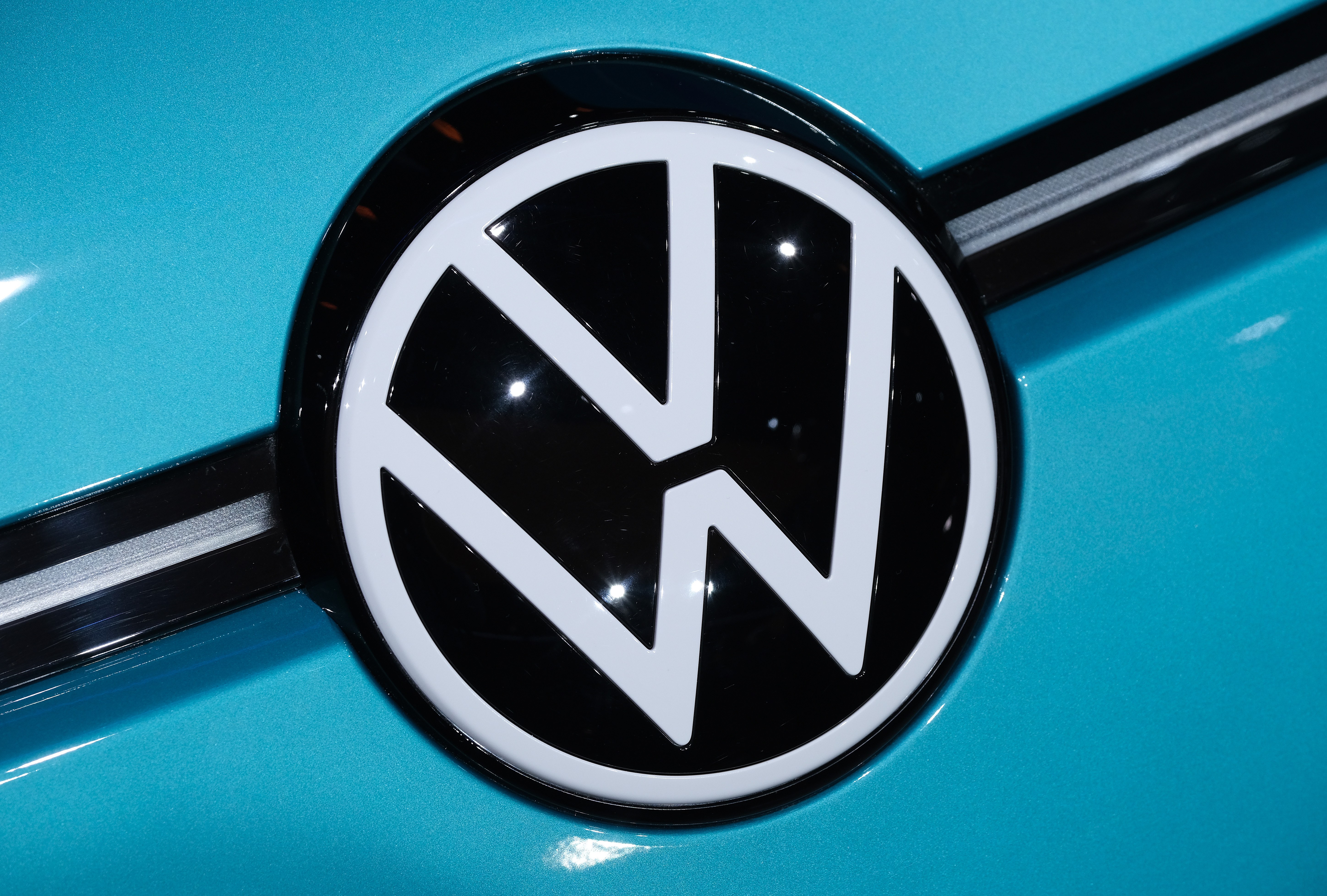
A free daily email with the biggest news stories of the day – and the best features from TheWeek.com
You are now subscribed
Your newsletter sign-up was successful
The first mass lawsuit in Germany relating to the Volkswagen emissions scandal is under way in what is being billed as the largest legal claim in the country’s history.
According to Autocar, more than 400,000 customers have teamed up in a bid to claim compensation. And a further 100,000 are said to be pursuing legal action independently.
The claimants must prove that they were either “missold the car, that the technical fix approved by technical authorities has had a detrimental affect on efficiency, or that resale values of affected cars have fallen”, says the motoring magazine.
The Week
Escape your echo chamber. Get the facts behind the news, plus analysis from multiple perspectives.

Sign up for The Week's Free Newsletters
From our morning news briefing to a weekly Good News Newsletter, get the best of The Week delivered directly to your inbox.
From our morning news briefing to a weekly Good News Newsletter, get the best of The Week delivered directly to your inbox.
In response to the lawsuit, which began on Monday, VW is arguing that its vehicles “are driven by hundreds of thousands of customers every day, which is why we believe there is no damage and therefore no cause for complaint”, the BBC reports.
This is the first time that customers in Germany have been able to pursue a group claim, following a law change last year.
What is “Dieselgate”?
The Volkswagen emissions scandal, commonly referred to as “Dieselgate”, began in September 2015 after it emerged that VW was using cheat devices to make their diesel-engined models produce less exhaust gases during laboratory testing.
A free daily email with the biggest news stories of the day – and the best features from TheWeek.com
The tests took place before cars were put on sale and measured the emissions that they released, says Auto Express. But once the cheat devices were deactivated, diesel cars were found to be producing “40 times” more harmful nitrogen oxide (NOx) gases.
As well as VW’s own models, the software was also used during tests on other cars produced under the Volkswagen Group umbrella, including Audi, Porsche, Seat and Skoda.
Hasn’t VW been fined billions already?
Yes. The company has already forked out more than €30bn (£26.6bn) in fines, legal costs and compensation in cases around the world over the past four years, The Guardian reports.
These penalties include a $4.3bn (£3.8bn) fine from the US Department of Justice, a $15.3bn (£12.5bn) settlement fee with US federal and state governments, as well as owners of VW cars with 2.0-litre engines, plus $1bn (£812m) to drivers of models with 3.0-litre engines, the Financial Times reports.
In Germany, the company agreed to pay a €1bn (£890m) “administrative penalty” last year, adds The Daily Telegraph. Meanwhile, VW-owned Audi accepted a €800m (£710m) fine last October over its role in the emissions case.
VW has also paid a total of AUD$127m (£69.3m) in compensation to buyers in Australia, equating to around AUD$1,400 (£763) per customer, says Auto Express.
So how long will proceedings take?
VW expects the German court case to take around four years, unless a settlement is reached beforehand, the BBC’s Theo Leggett says. If the car owners win, they’ll then need to go back to the courts to get compensation.
The company is also facing the possibility of “hefty fines” from the EU, over allegations that VW colluded with other carmakers to delay the introduction of emission control systems.
And German prosecutors last week charged VW chief executive Herbert Diess, chair Hans Dieter Potsch and former CEO Martin Winterkorn with “stock market manipulation” in relation to the emission scandal, as Autocar reported.
“Against that background, the group lawsuit may seem for the moment like just another irritation,” says the BBC’s Leggett.
-
 Local elections 2026: where are they and who is expected to win?
Local elections 2026: where are they and who is expected to win?The Explainer Labour is braced for heavy losses and U-turn on postponing some council elections hasn’t helped the party’s prospects
-
 6 of the world’s most accessible destinations
6 of the world’s most accessible destinationsThe Week Recommends Experience all of Berlin, Singapore and Sydney
-
 How the FCC’s ‘equal time’ rule works
How the FCC’s ‘equal time’ rule worksIn the Spotlight The law is at the heart of the Colbert-CBS conflict
-
 The best new cars for 2026
The best new cars for 2026The Week Recommends From SUVs to swish electrics, see what this year has to offer on the roads
-
 Volkswagen ID.5 review: what the car critics say
Volkswagen ID.5 review: what the car critics sayFeature The ID.4's 'sportier, more stylish twin' – but 'don't believe the hype'
-
 VW ID Buzz review: what the car critics say
VW ID Buzz review: what the car critics sayfeature The new ID Buzz electric van is a modern successor to Volkswagen’s beloved Type 2
-
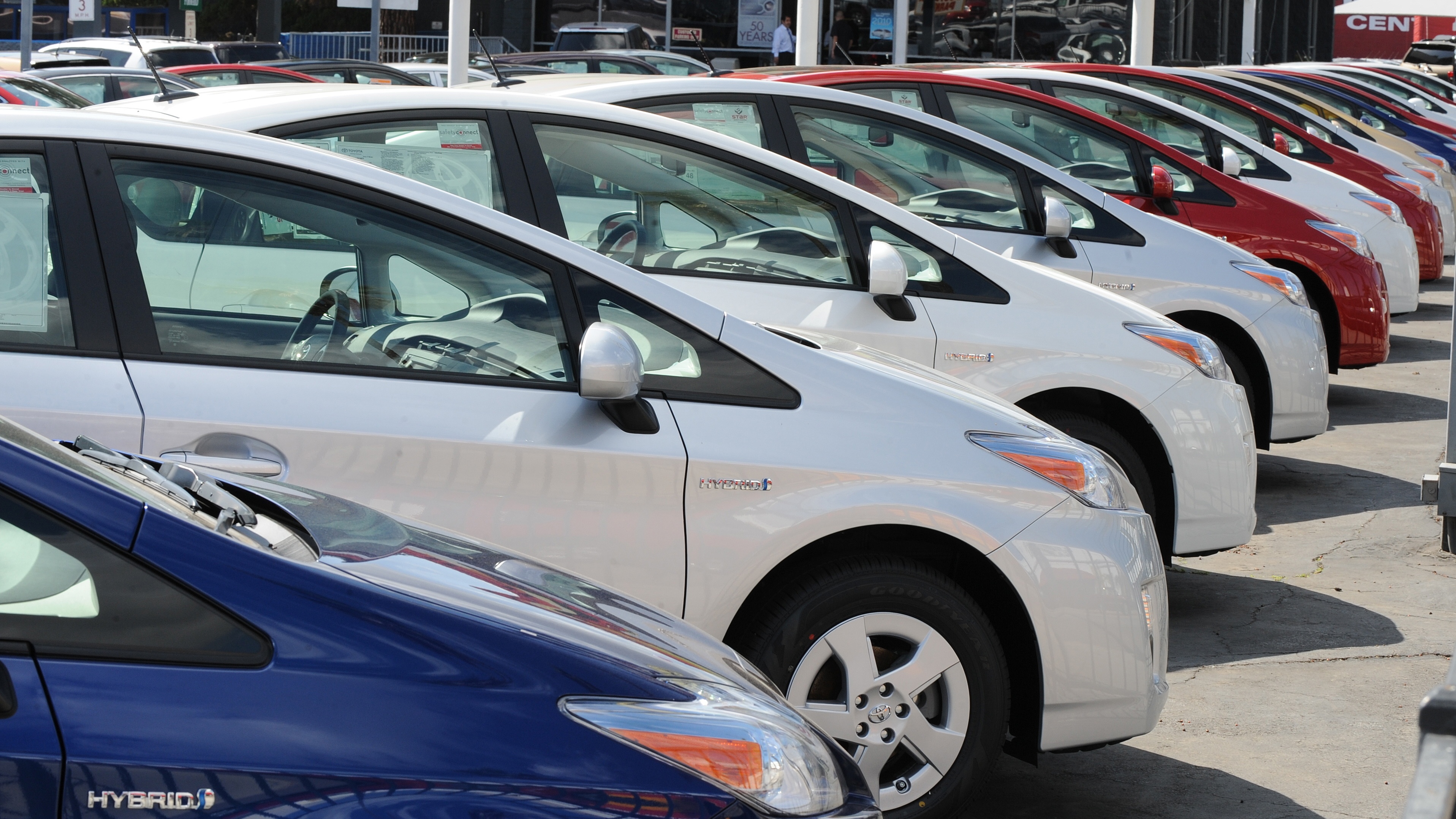 The pros and cons of hybrid cars
The pros and cons of hybrid carsPros and Cons Part-electric vehicles produce lower emissions but they may not work for every lifestyle
-
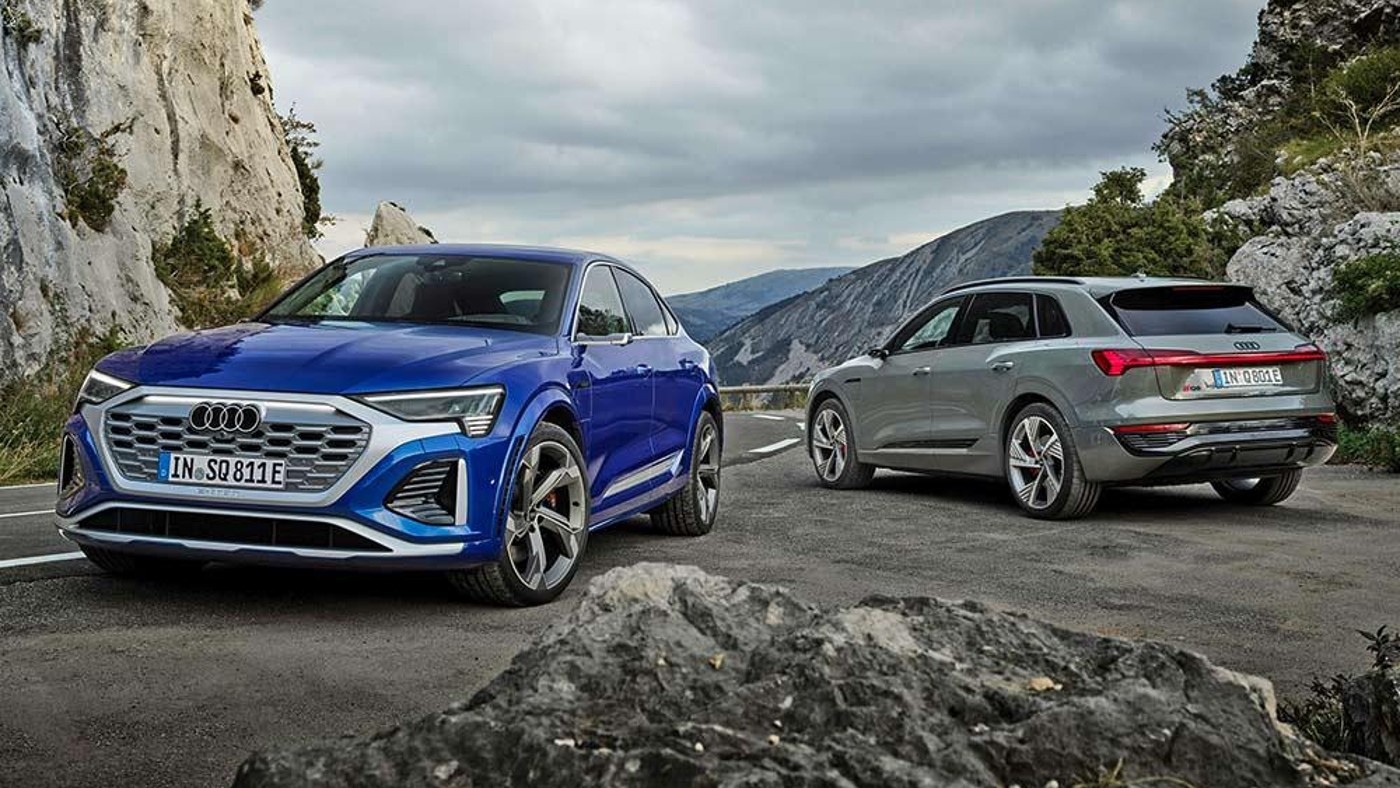 Audi Q8 e-tron review: what the car critics say
Audi Q8 e-tron review: what the car critics sayfeature Audi’s new electric SUV is a ‘pleasant’ but ‘unremarkable’ drive
-
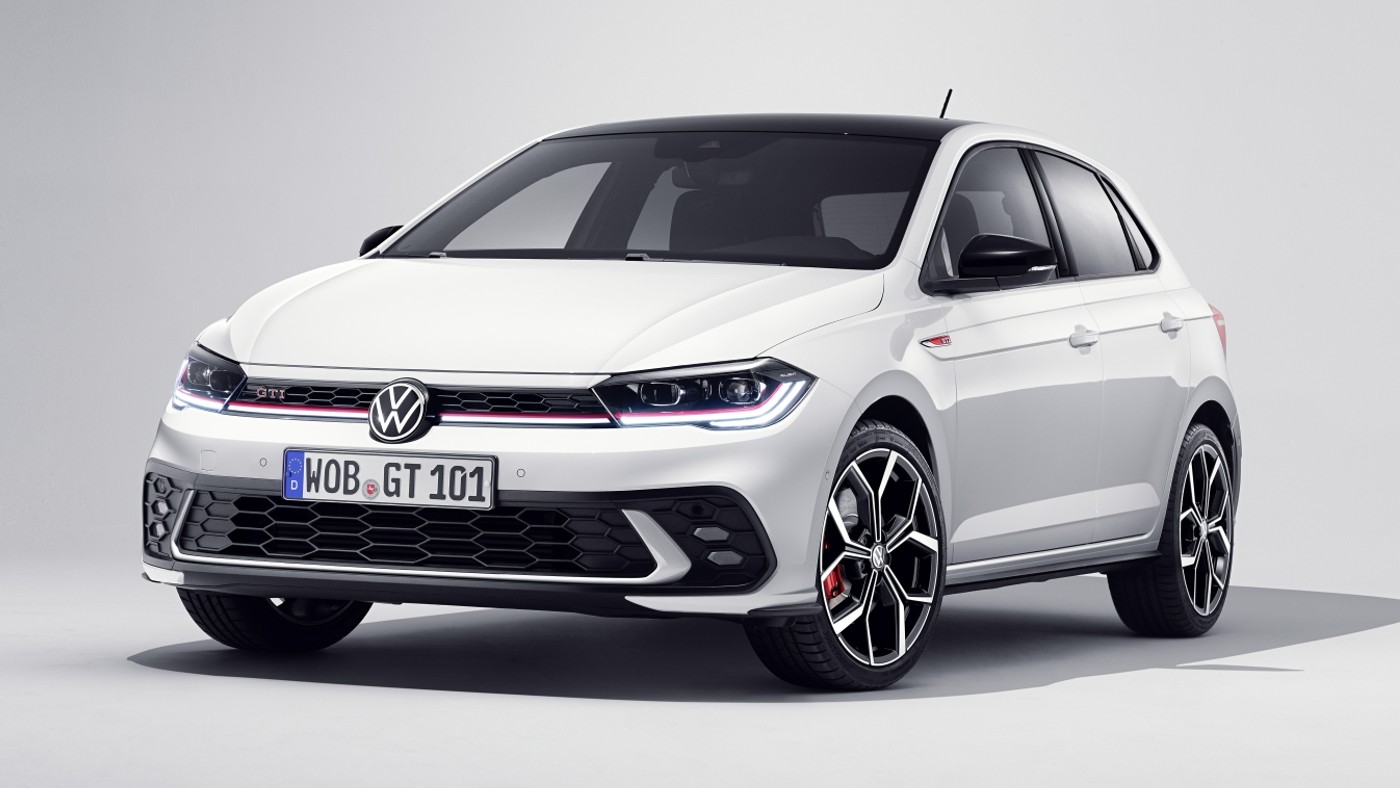 VW Polo GTI review: what the car critics say
VW Polo GTI review: what the car critics sayfeature The new Polo GTI is refined, roomy and easy to drive
-
 VW Multivan review: what the car critics say
VW Multivan review: what the car critics sayfeature Not much bigger than a normal car, it’s easy to park and a cinch to drive
-
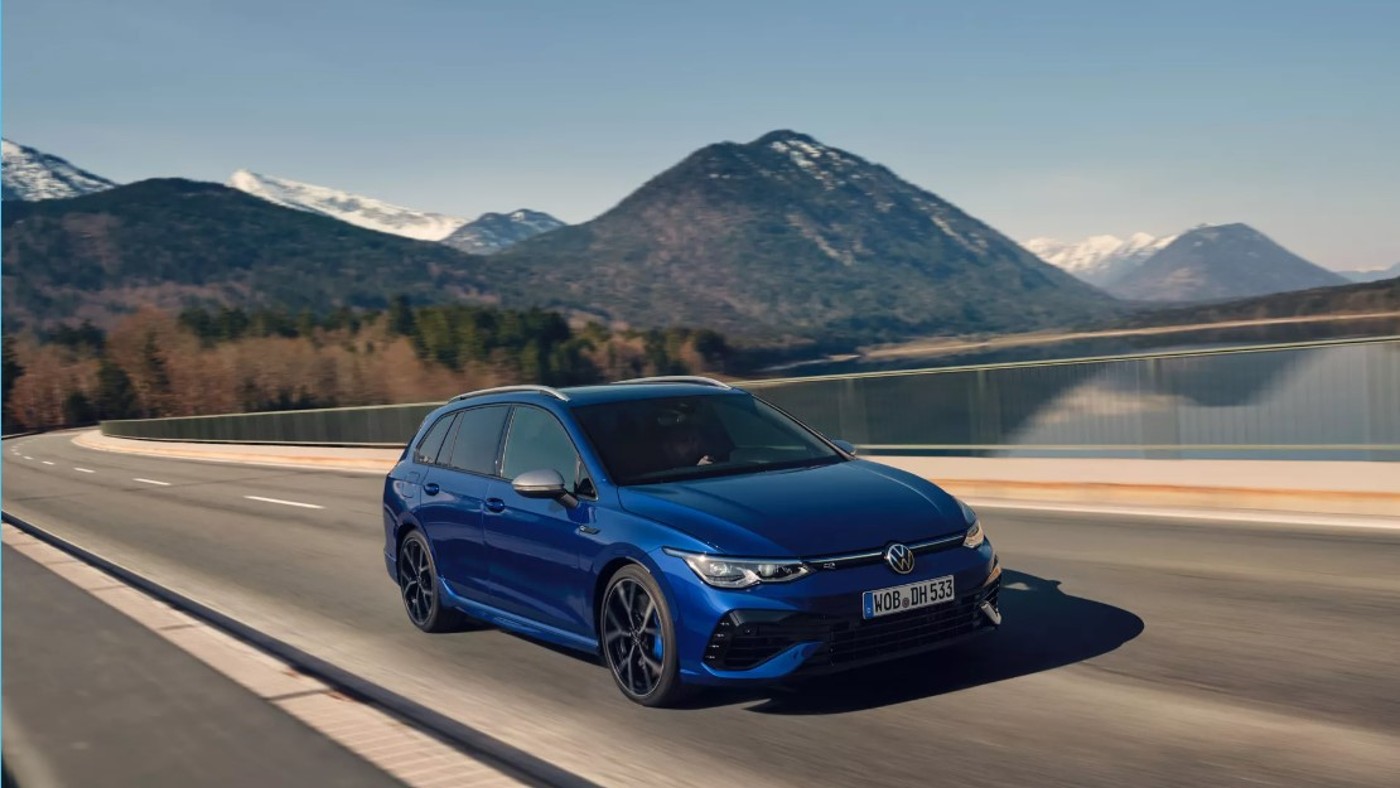 Volkswagen Golf R Estate review: what the car critics say
Volkswagen Golf R Estate review: what the car critics sayfeature Four-wheel drive is ‘impressively smooth’ but still flawed